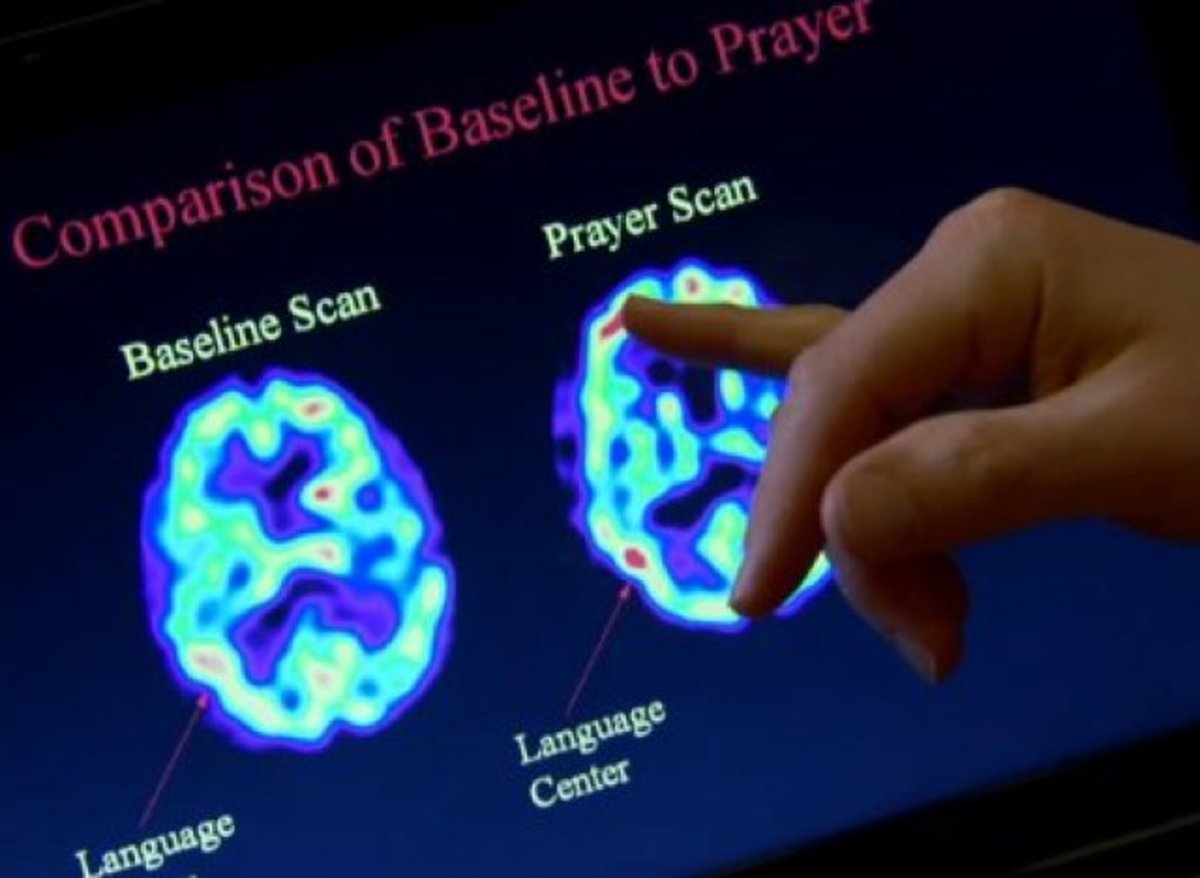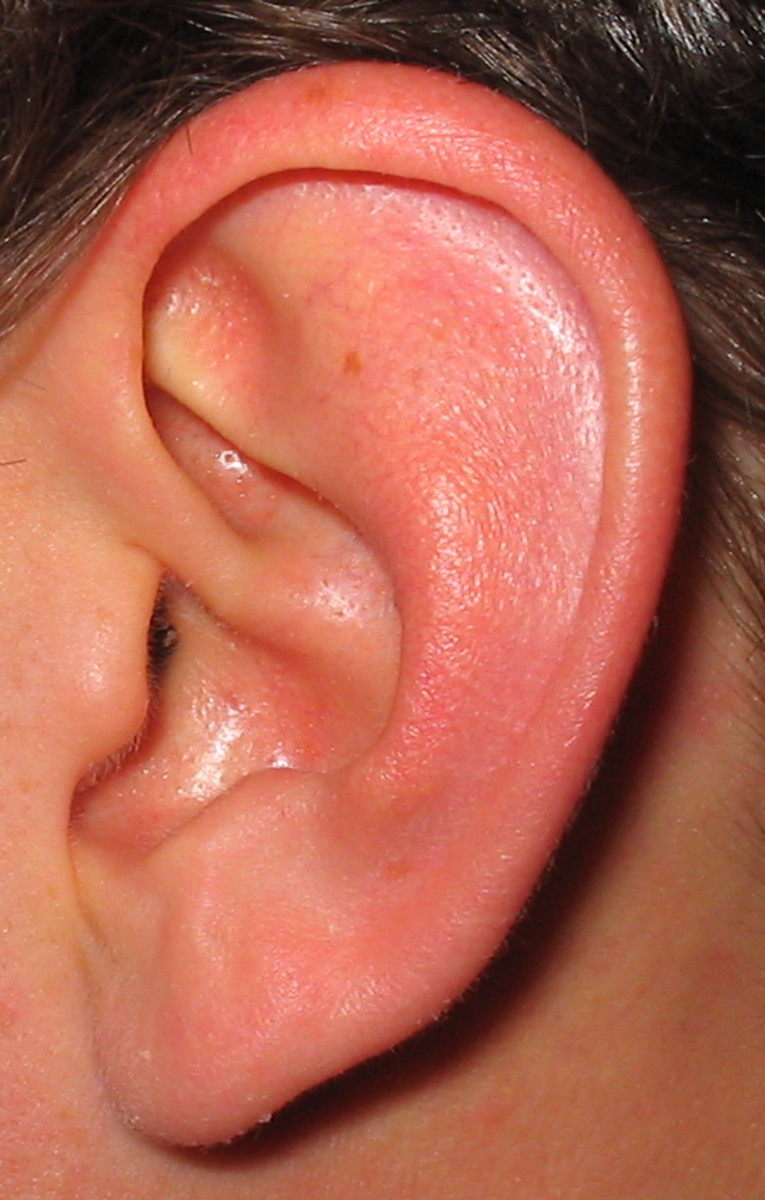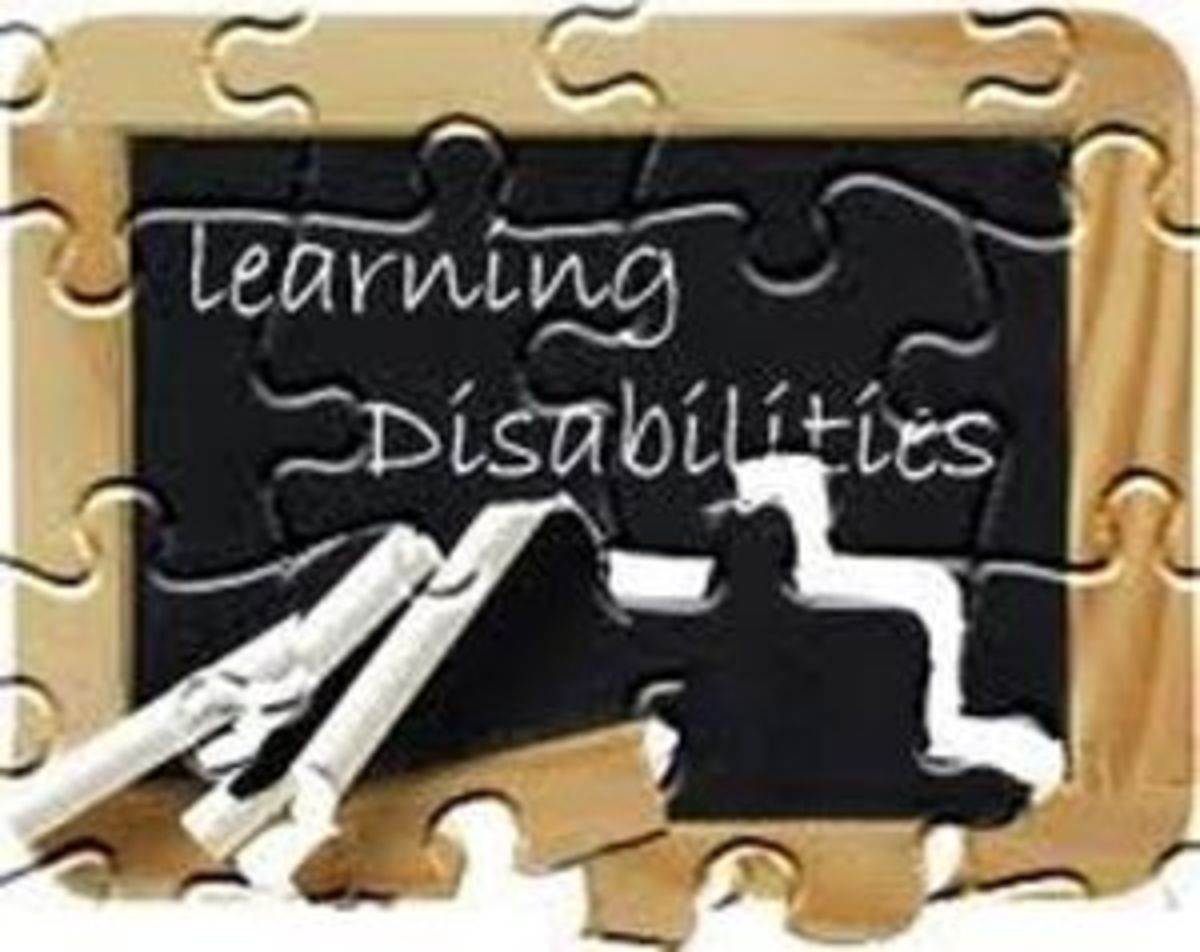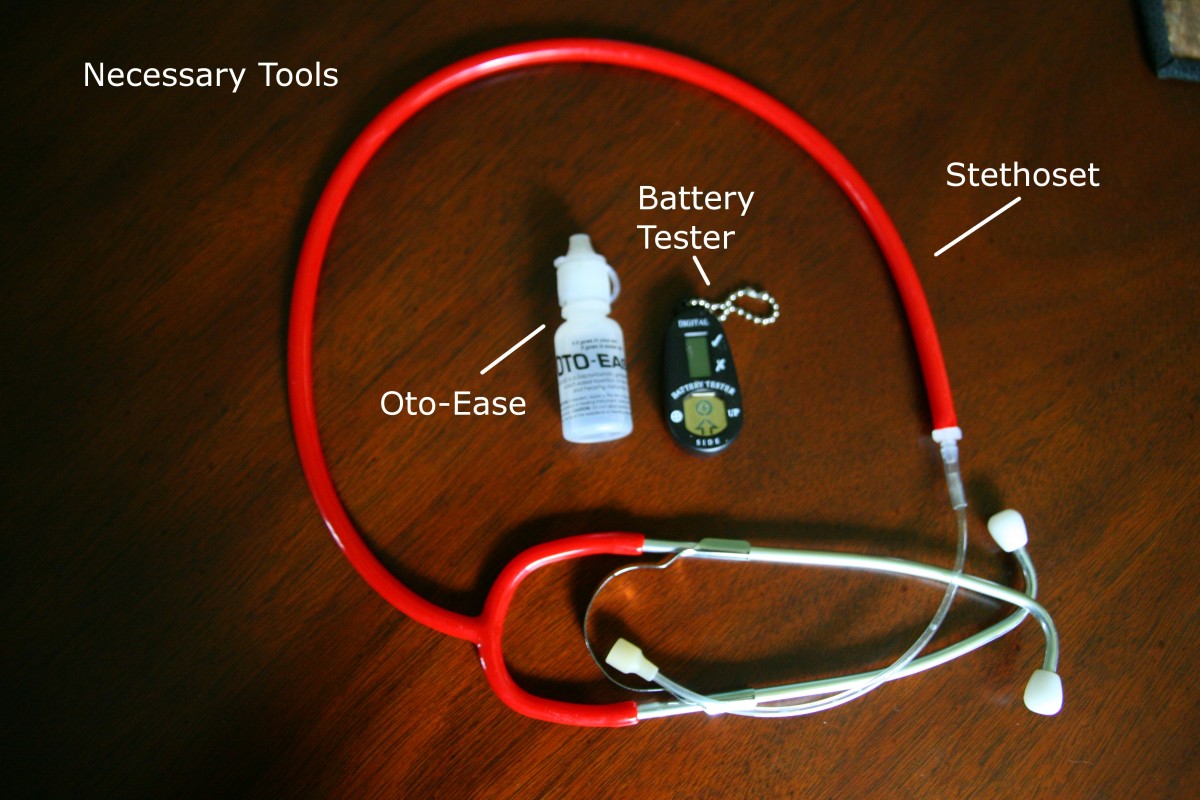Does Autism have A Genetic Connection?
What is Autism
Autism is a brain (neural) disorder characterized by slow learning, impaired social, and communication development. All of these symptoms appear before the child has reached the age of three years. Since autism affects many regions of the brain attempting to understand how it occurs is difficult. It also has some genetic basis, though the genetics involved are also quite complicated. Autism may be the result of genetic mutations or could be the result of complex common genetic variation. In other words the second cause might just be a "perfect storm" of typical variations in genetic material.
Autism is typically diagnosed when a child displays a triad of symptoms. These are:
- Limited social interaction
- Restricted communication
- Extremely limited interests. The limited interests typically generate repetitive behavior
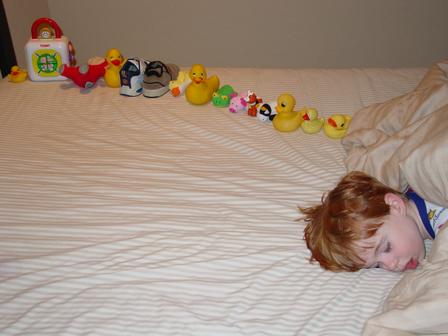
Idential Twin Studies
When one of a pair of identical twins develops autism the likelihood that the other twin will develop it are quite high. So high, in fact, that in 88% of the cases where one twin developed autism the other twin followed shortly after. Twins also displayed similar patterns of autism between them, with a similar degree of learning disability.
This is not the case with fraternal twins where they are no more similar than an older or younger sibling. In cases of fraternal twins thirty-one (31%) percent were likely to develop autism if the other twin was diagnosed with it.
Autism is highly individualized, with each victim of the disorder displaying specific symptoms. In identical twins these symptoms were very similar between the pair.
Of course these studies give a very strong genetic link to the disease. But some scientists think there may also be an environmental component; a combination of genetics and setting.
Of the twenty two (22%) of identical twins who did not develop autism within a year of their twin would likely never develop autism. This means that parents can stop worrying about the unaffected twin developing autism after a year.
Fraternal Twin Studies
As mentioned above fraternal twins are much less likely to develop autism if the first twin is diagnosed with it. With fewer than thirty-three (33%) following along behind the first twin to develop it. However, the likelihood that the second fraternal twin will develop autism extends out to four years; not one.
Study Basis
This study was conducted with two hundred seventy-seven pairs of twins. Of this group sixty-seven (67) were identical twins and two hundred ten (210) were fraternal twins.
Twin Types and Gender
Of course, identical twins are always the same gender.
However, in the case of fraternal twins additional information was garnered.
When one of the fraternal twin pair was female the previously non-affected twin developed autism about 20% of the time. in twin pairs where both were male the second twin to develop autism did so about 40% of the time.


